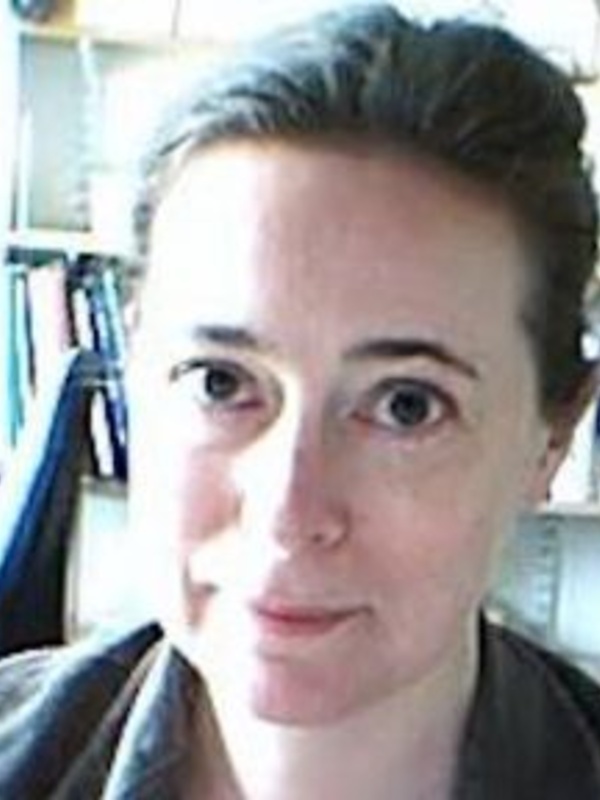Professor Brechtje Post
Jesus College
- Professor of Phonetics and Phonology
- Co-Director of the Languages Sciences Interdisciplinary Research Centre
- Fellow and Director of Studies Jesus College

Connect
Location
- DTAL
- RFB 212, Phonetics Laboratory, Raised Faculty Building, Sidgwick Avenue, CB3 9DA
Teaching and supervision
Teaching interests:
Phonetics, phonology, and psycholinguistics.
Course contact for:
Li6: Phonetics
MPhil seminar: Experimental Phonetics and Phonology
